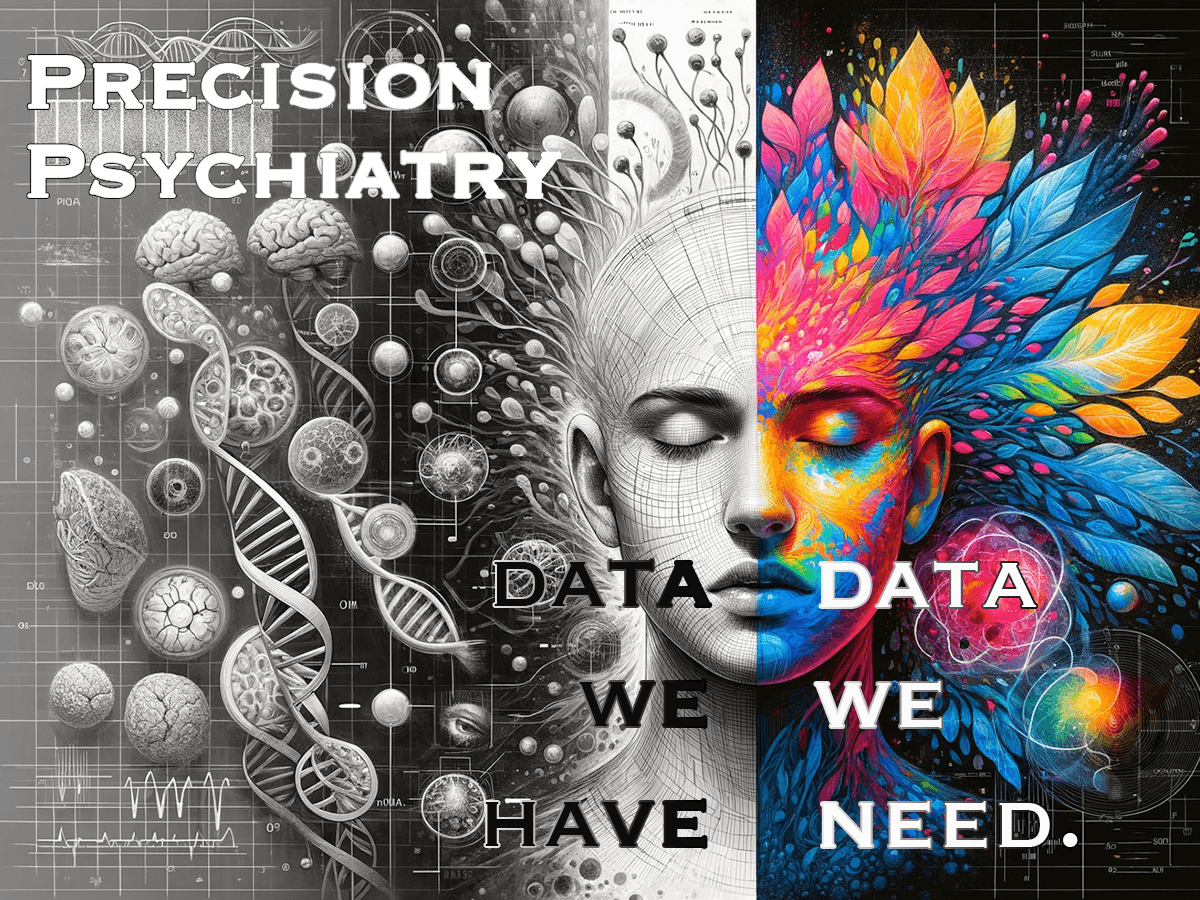Breakthrough Study Uses AI-Powered Objective Data to Predict Mental Health Treatment Success, Paving the Way for Precision Psychiatry at Scale
Breakthrough Study Uses AI-Powered Objective Data to Predict Mental Health Treatment Success, Paving the Way for Precision Psychiatry at Scale
Singapore – A landmark study published in the Journal of Medical Internet Research reveals a powerful new method for personalizing mental healthcare. For the first time, artificial intelligence has been used to generate objective, unbiased data on an individual's psychological stress, and a subsequent analysis of these data can predict with significant accuracy who will benefit most from a specific mental health intervention. This discovery marks a pivotal moment in the quest for personalized mental healthcare, offering a powerful alternative to the field's longstanding subjective methods.

Medicine has seen remarkable advances in personalization; cardiologists use biomarkers to select the right heart medication, and oncologists use genetic tests to guide cancer therapy. Psychiatry, however, has largely been left behind, still relying on subjective, pen-and-paper patient questionnaires developed over half a century ago. This has left clinicians with few tools to determine the best course of action, leading to prolonged patient suffering and inefficient allocation of healthcare resources.
While previous attempts at precision psychiatry have explored genetics and neuroimaging, these methods have proven to be expensive, slow, and difficult to scale. This new research charts a different course. AI is used to capture and quantify objective digital biomarkers of stress through smartphone technology. These accurate data then serve as input for a rule-based algorithm that successfully identifies which individuals are most likely to experience a clinically significant benefit from a given treatment.
“For the first time, we are moving beyond asking people how they feel and are instead using objective, scalable technology to understand who is most likely to respond to a given treatment,” said Dr. Bechara Saab, CEO of Mobio Interactive and Senior Author of the study. “This is about giving clinicians the tools to make data-driven decisions, much like their colleagues in every other field of medicine. We are finally opening the door to a future where mental healthcare is personalized, proactive, and preventative.”
The study’s findings provide a foundational blueprint for the next generation of mental health diagnostics and treatment. By using objective data to inform treatment selection, healthcare systems can better direct resources, reduce wait times, and ensure patients receive the most effective care from the outset.
Steve Carnevale, Behavioural Health Commissioner for the State of California, commented on the study's potential global impact: “This breakthrough represents a paradigm shift in how we approach mental health on a population level. The ability to objectively measure and predict treatment outcomes at scale is the missing piece of the puzzle. It gives us a tangible path toward building more resilient communities and creating a system of care that is both more effective for the individual and more sustainable for society.”
The research provides critical evidence that objective, data-driven tools can bring mental healthcare into the 21st century, offering hope to millions and establishing a new standard for precision in psychiatry.
About Mobio Interactive. Mobio Interactive is a digital therapeutics company that develops clinically validated mixed psychotherapy training personalised through objective measures of psychological stress.
About the Journal of Medical Internet Research (JMIR). JMIR a leading, peer-reviewed, open-access journal focused on digital health, eHealth, and the intersection of technology, healthcare, and patient care. As the flagship journal of JMIR Publications, it is dedicated to publishing high-quality, innovative research on how digital tools and data-driven approaches can improve health outcomes globally.
Contact:
Geraldine Rozaria
Assistant to the CEO, Mobio Interactive
geraldine@mobiointeractive.com
